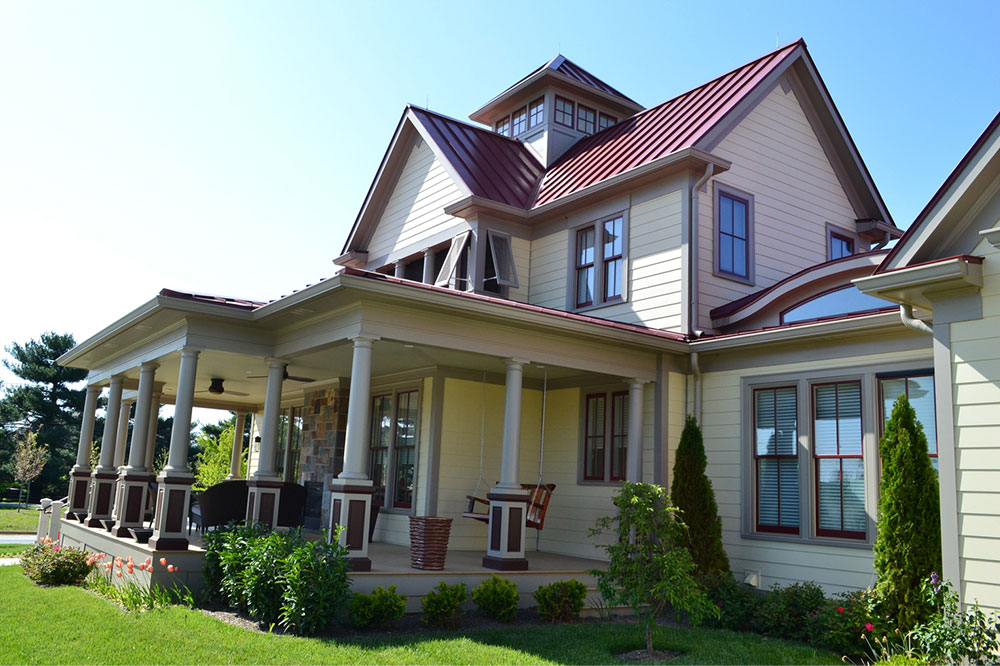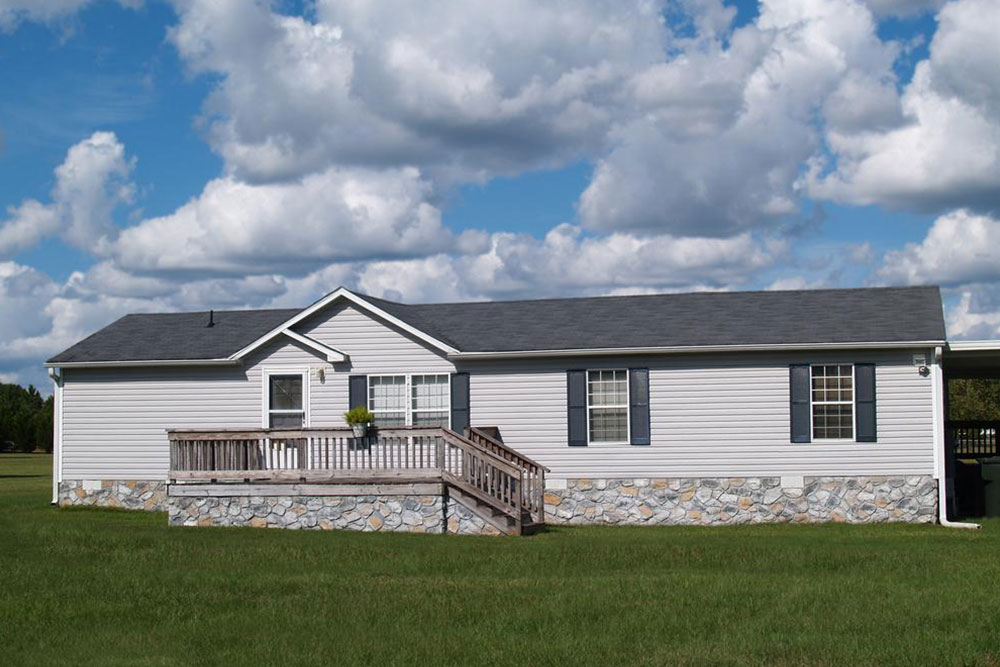Guide to Buying Foreclosed HUD Properties
Discover essential tips for purchasing HUD foreclosed properties, including how to find listings, meet eligibility criteria, prepare necessary documents, and explore financing options. This guide simplifies the process for first-time buyers and budget-conscious individuals looking for affordable homes. Learn how to navigate HUD home bidding and take advantage of special loan programs like FHA, VA, and USDA loans to make your homeownership dream a reality.

Guide to Buying Foreclosed HUD Properties
HUD properties are among the most affordable housing options, but acquiring them involves a detailed process. Applicants need to understand eligibility requirements, necessary documentation, and the purchasing steps. Even if you spot a HUD home nearby, knowing the ins and outs of the purchase process is essential to submit a competitive bid and increase your chances of success.
What are HUD homes?
A HUD property is originally owned by someone who used FHA-backed loans to buy the house. When the borrower defaults, the Department of Housing and Urban Development (HUD) forecloses and takes ownership of the property. The house is then relisted for sale to recover unpaid debt. These homes are sold in their current condition, known as "as-is," often requiring repairs, which makes them more affordable. The discounted price reflects the estimated repair costs, making HUD homes ideal for first-time buyers or those with limited budgets.
To find HUD homes, begin by exploring the official HUD Home Store website. Use the “Search Properties” feature to locate listings near you or in your preferred area. Regularly check the site, as listings change quickly due to fast sales. You can also hire a HUD-approved agent to assist with finding properties and submitting bids.
Eligibility requirements for HUD homes
Eligibility criteria are consistent nationwide, but it's best to consult your local federal office for specific conditions. Common requirements include:
Qualifying as elderly or disabled
U.S. citizenship or qualified immigration status
Living in substandard housing
Household spending over half income on rent
Annual income not exceeding 80% of the area's median income
Preparation of documents for HUD home application
Once eligible, you’ll join the waiting list, which can be long. Meanwhile, gather essential documents, including:
Last four pay stubs or a notarized income statement
Social Security award letter
Recent bank statements
Birth certificates for all household members
Social security cards for all members
Funding options for HUD homes
Funding a HUD home can involve various financial assistance programs. Though many HUD homes are FHA-financed, you are not required to use an FHA loan. However, FHA loans are popular for their flexibility, especially for first-time buyers and those with lower credit scores. FHA loans also allow for covering renovation costs via the FHA 203(k) program, ideal for homes needing repairs.
Other affordable mortgage options include:
VA loans with no down payment
USDA loans with zero down
Conventional loans with as little as 3% down










